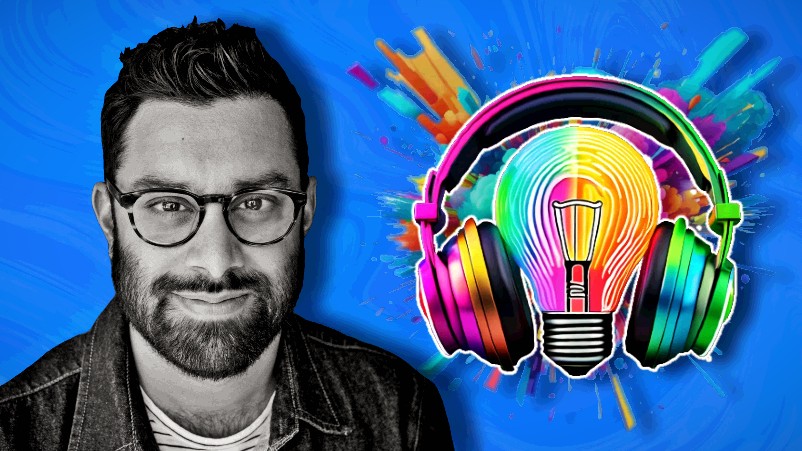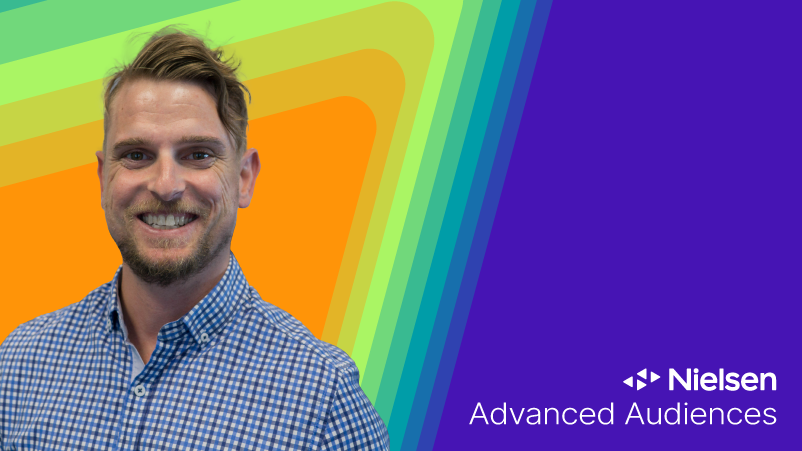Is our industry ready to reimagine our approach to continuous learning?
In our industry, most recognise the importance of the first (and perhaps most obvious) chain in the Harvard Service Profit Chain…’value is created by satisfied and productive employees’. A key part of this is learning and development which, like most things, is having to adapt and flex to changing times. This Fast Company article highlights how universities, one of the key learning institutions, are changing their approach to learning. The question is, are we?
Key points:
- Article explores the evolving educational needs of people in a changing world and the challenge this poses to the traditional learning models (in this case universities).
- People need to be equipped with skills to enable them to create value in a way that the machines of the future cannot.
- The traditional model of time (people in their 20s), place (the learning facility) and action (the class) have been challenged by a world where we are now continuously connected to ‘education’ through technology and people need to constantly refresh their skills.
- It introduces the thought of a lifelong passport and the need for a new model of learning.
The battle for talent has never been more intense. Within the Australian marketing and agency world but also from outside - whether that be tech companies, different geographies (‘brain drain’) or to people doing their own thing (start-ups). Outside of attracting the right talent, there is the challenge to retain the best in an environment where some roles will become obsolete and others will evolve to be about how well we interact with new tools. Even the more enduring human talents like creativity will continue to operate in a changing context.
I liked the thought of a lifelong passport mentioned in the article, but rather than the narrative around a passport being ‘revalidated periodically’, I prefer to think about what stamps might we collect as we ‘travel’ through our careers in the industry. And perhaps for leaders in the industry, we need to ask ourselves some questions on how we continue to create an environment fit for lifelong learning…
How can we make sure the ‘borders’ are open?
Too often knowledge can sit in silos between departments or untapped talent is locked in by the borders of their role. We need to create more flexibility and less rigidity to make sure we unlock more learning opportunities that are beneficial to the individual and the business.
How can we make sure learning at the coalface (rather than the classroom) isn’t left to chance?
Learning on a course can be a more deliberate and consistent way of teaching and learning. But in a world where learning becomes more iterative, we need to ensure the standard is consistent for each discipline, individual and over time, even if what we learn changes.
How can organisations continue to see the strength in ‘softer’ skills?
As an industry we have a healthy respect for qualities such as emotional intelligence. But in an era where multiple disciplines and approaches collide, showing characteristics like empathy is even more crucial to understand alternative perspectives, collaborate more successfully and ensure lifelong learning.
How can we create a safe environment for learning?
A safe environment doesn’t mean one without challenge or expecting a performance culture. But if the context in which we work is changing, our roles are evolving and we are learning as we go, we won’t always get it right. And that has to be ok.
As the article says, “To thrive in the future, you need to embrace the concept of lifelong learning”. It’s a necessity for the success of individuals, organisations and ultimately the industry itself. Time to grab your passport.


